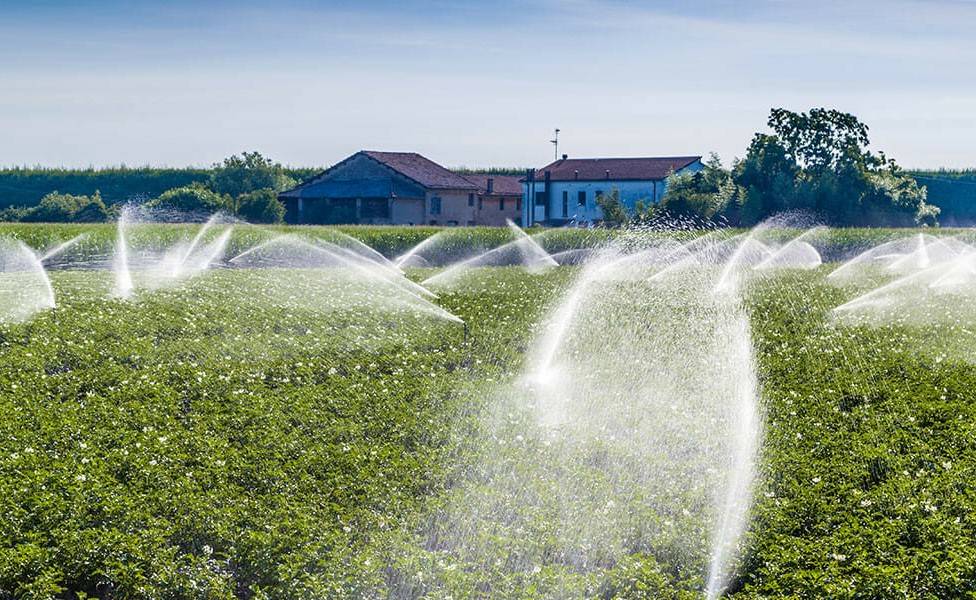
To help farmers survive the climate crisis, the southern state has already begun a transformational and holistic shift to sustainable farming methods, livelihood diversification, decentralized renewables, and energy efficiency, P Prasad said.
The State is preparing an action plan to help reduce energy-intensive methodologies in land preparation, adding inputs, irrigation, and harvesting, the Minister said after launching a two-day consultation on 'Energy Transition in Kerala' organized jointly by Asar Social Impact Advisors and the Energy Management Centre (EMC) under KSEB.
Prasad stated that renewable energy would also be used in food processing and value-added processes. He explained that the state had accelerated its massive carbon-neutral initiative, which would aid in developing a better farming ecosystem.
Prasad warned against the sinister designs of multinational corporations and interest groups that use the climate crisis and energy transition to market equipment that exacerbates the energy crisis and said the state would pay special attention to ensure that the energy transition is entirely beneficial to farmers and the environment. Prasad added that Kerala would investigate renewable energy alternatives to fossil fuel sources to ensure that food systems are built on secure, environmentally sustainable, and resilient foundations.
In his keynote address, food policy analyst Devinder Sharma warned all concerned about the Union government's decision to use food-grade rice to produce ethanol, referring to it as an alternative fuel source. According to him, India is doing things that will exacerbate the farm and climate crises even as it talks about energy transition and climate resilience.
"In Punjab, the state has five lakh tractors, while its actual need was less than one lakh tractors. Such a scenario exists throughout India, and it all leads to an increase in the use of fossil fuels. The government is attempting to reduce the number of farmers and replace them with technology. Such a move will have increased social and environmental consequences," he said. Dr. Ramanhaneyulu, executive director of the Centre for Sustainable Agriculture, stated that the efficiency of chemical fertilizer use had decreased fourfold in the last 40 years.
As a result, the soil requires massive amounts of chemical fertilizer to produce the desired yield. According to a NITI Ayog report, 67% of soils are low carbon. He claims that high population, arable land, and irrigation make agriculture less profitable and unsustainable. He also desired an integrative approach to developing resilience that combined energy, water, climate, and land-related challenges.
On the first day, experts included Tamil Nadu planning commission member Sultan Ismail, Solar Energy Corporation general manager Bharat Kumar Reddy, and EMC director R Harikumar. The consultation will look at the opportunities and challenges Kerala faces regarding energy sustainability as it transitions. Recommendations would be sent to the departments of electricity and agriculture.









